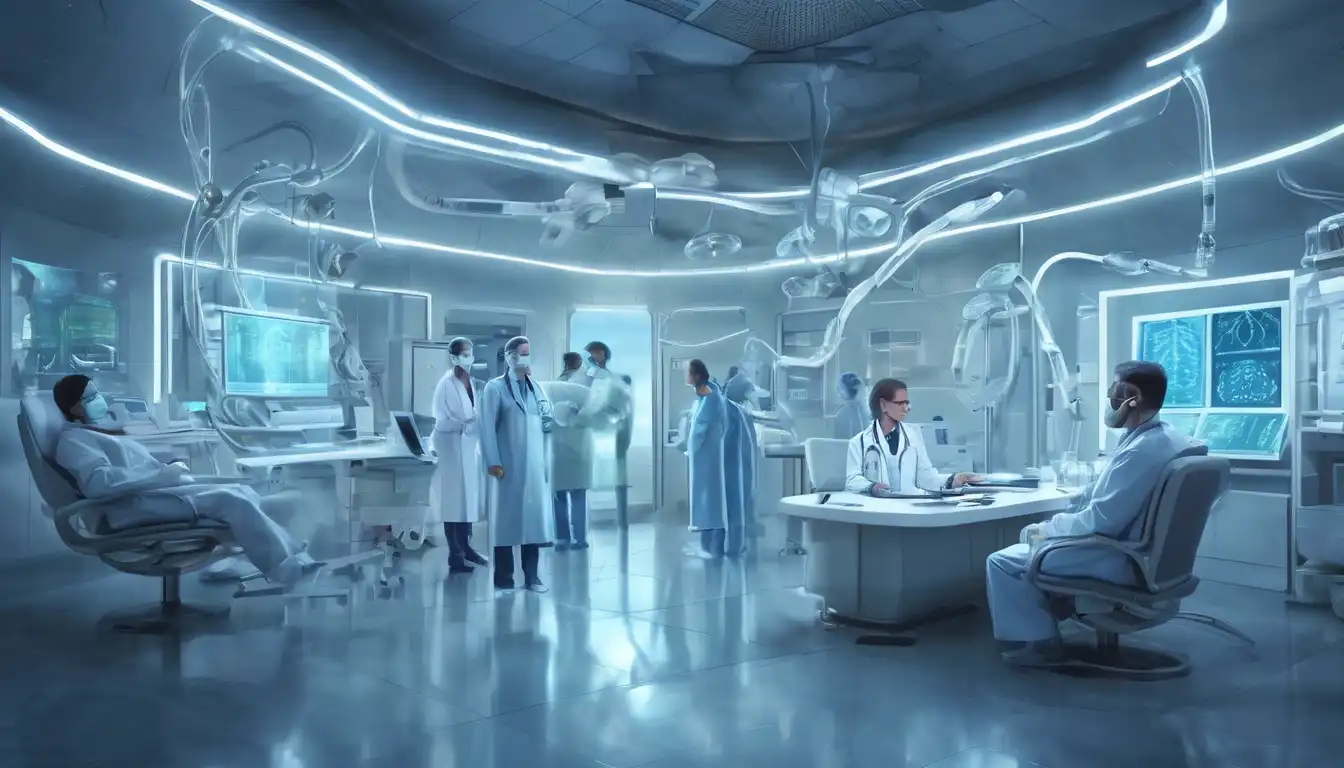The Revolutionary Role of AI in Healthcare
Artificial Intelligence (AI) is revolutionizing the healthcare industry by offering innovative solutions to complex problems. From diagnostics to treatment plans, AI is enabling healthcare professionals to deliver better care with greater efficiency.
Enhancing Diagnostic Accuracy
AI algorithms are now capable of analyzing medical images with precision that matches or exceeds human experts. This advancement is particularly impactful in the early detection of diseases such as cancer, where early intervention can save lives.
Personalized Treatment Plans
By leveraging vast amounts of data, AI can help create personalized treatment plans for patients. This approach considers the unique genetic makeup of each individual, leading to more effective and targeted therapies.
Streamlining Administrative Tasks
AI is also transforming the administrative side of healthcare. From scheduling appointments to managing patient records, AI-powered tools are reducing the burden on healthcare staff, allowing them to focus on patient care.
Improving Patient Outcomes
The ultimate goal of integrating AI into healthcare is to improve patient outcomes. With AI's ability to analyze data quickly and accurately, healthcare providers can make informed decisions that lead to better health results.
Challenges and Considerations
Despite its potential, the adoption of AI in healthcare comes with challenges. Issues such as data privacy, ethical considerations, and the need for robust regulatory frameworks must be addressed to fully realize AI's benefits.
Future Prospects
The future of AI in healthcare is bright, with ongoing research and development paving the way for even more groundbreaking applications. As technology advances, AI will continue to play a pivotal role in shaping the future of healthcare.
For more insights into how technology is transforming industries, explore our technology trends section.
